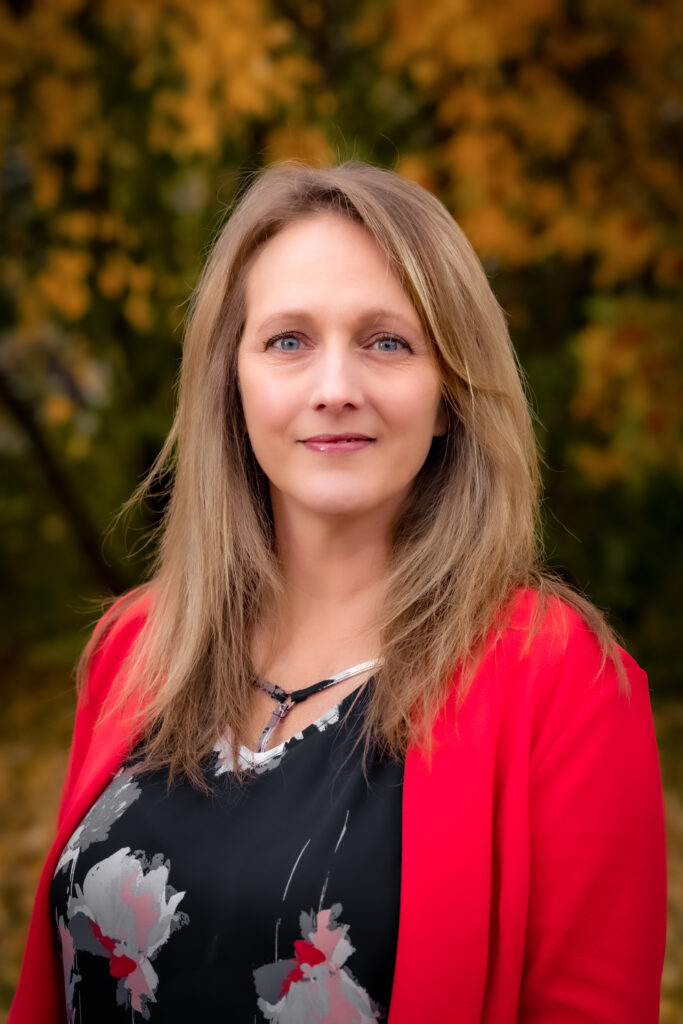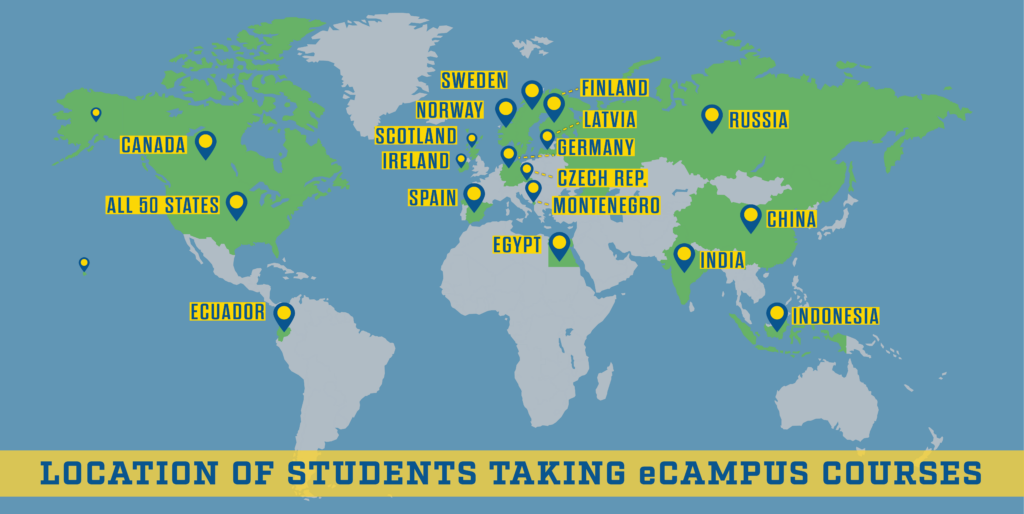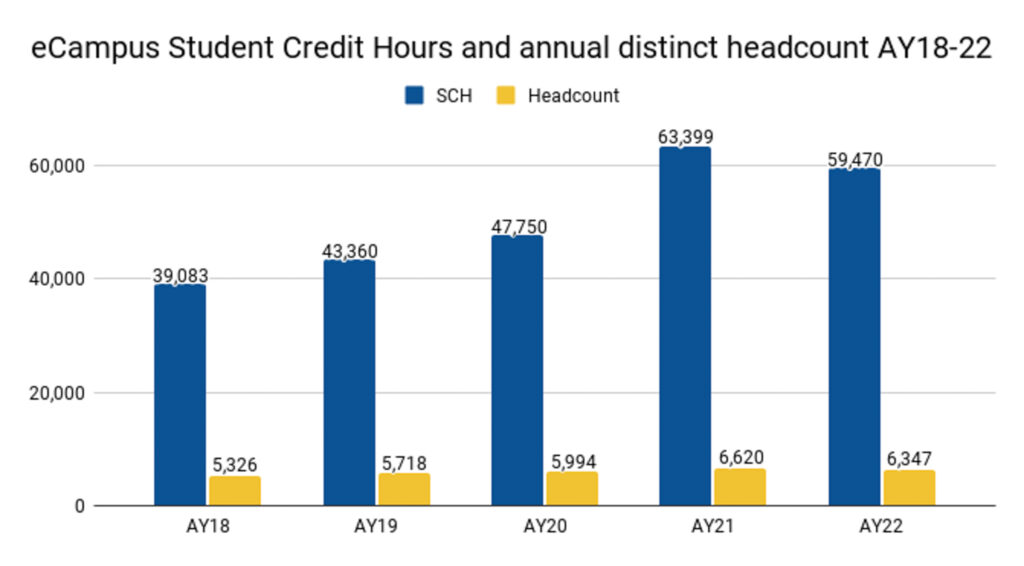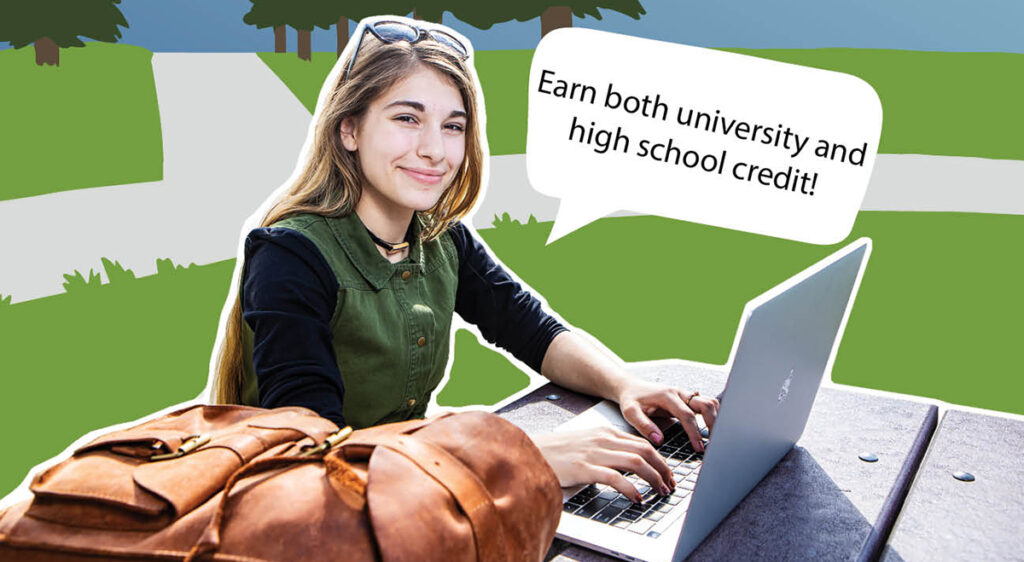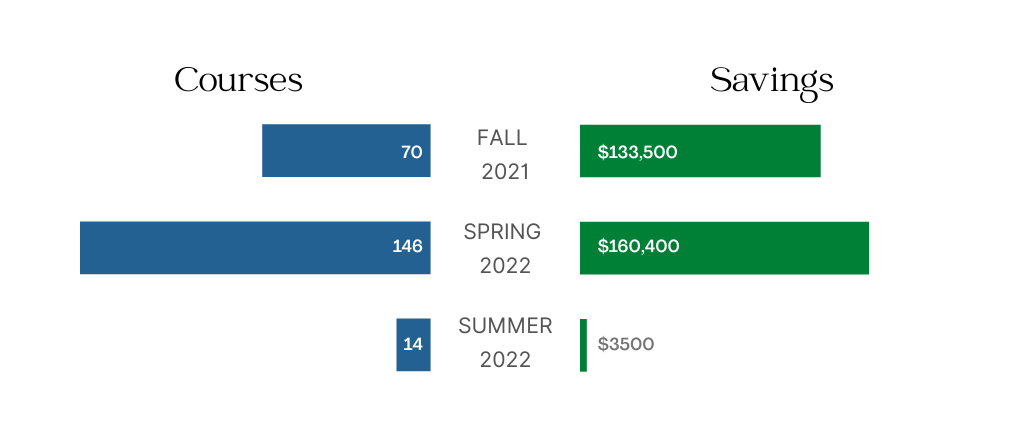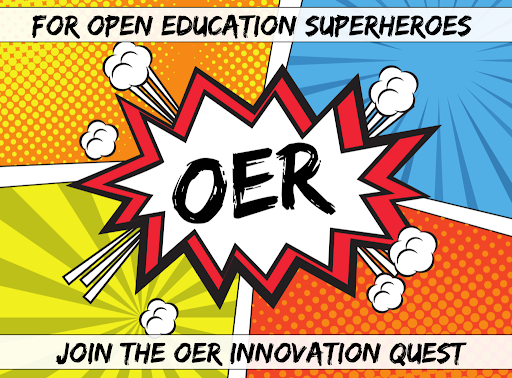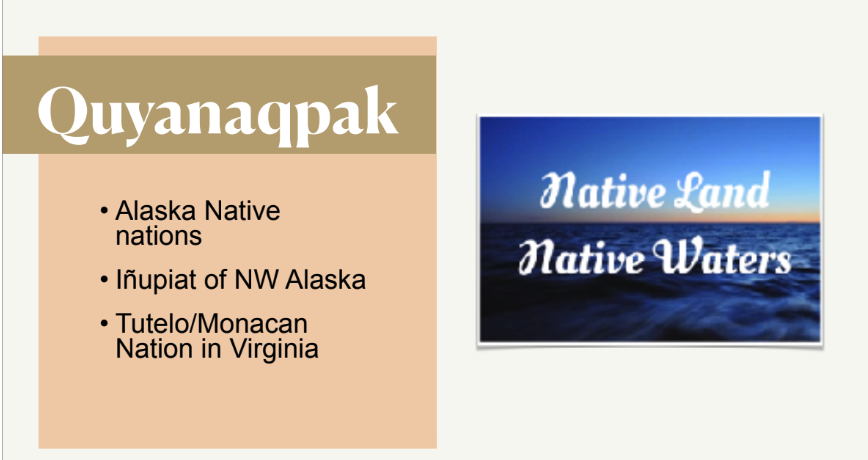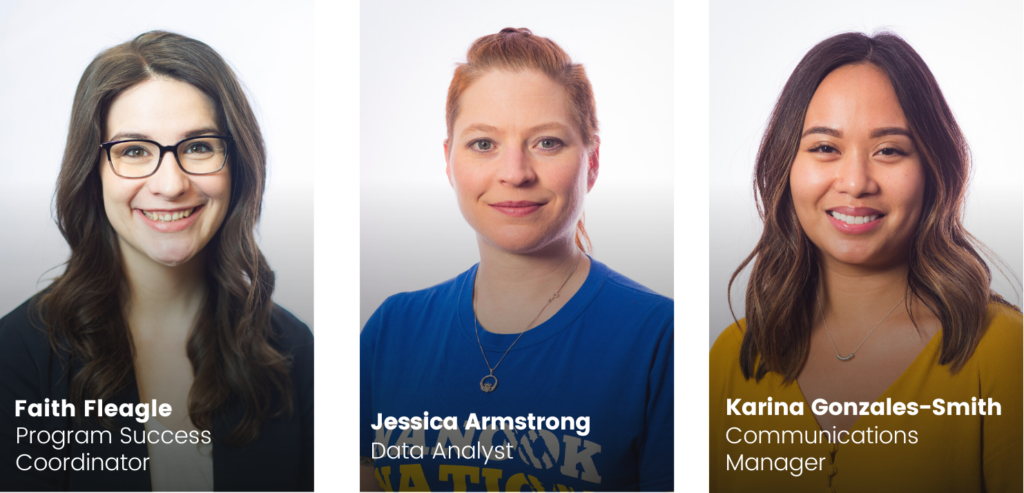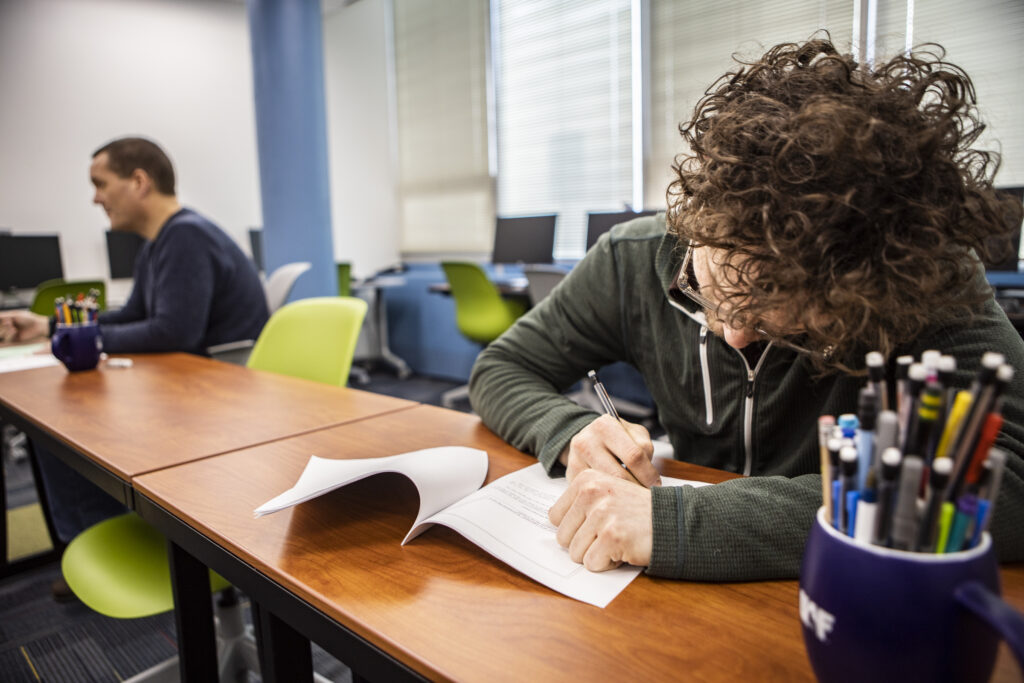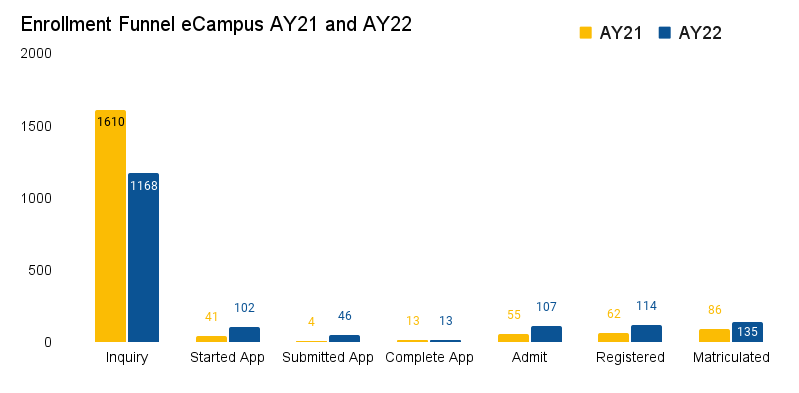2021-22 Annual Report
STUDENTS
Served students age 13 to 69
COURSES
Total of 1,229 sections
DUAL ENROLLMENT STUDENTS
Up 30% from FY21
CORPORATE PARTNERSHIPS
Our corporate partnership program provides UAF’s great online courses and programs to the Alaska business community and outside organizations offering employee education benefits. We added Sealaska and CIRI to our growing list of partners. Both Alaska Native Corporations have thousands of shareholders and employees across the country. The partnership is mutually beneficial. Seaalaska and CIRI shareholders will receive package pricing and UAF will see an increase in enrollment. In turn, Alaska can be positioned to meet the demand for qualified, diverse employees. We now have corporate partnership agreements with nine corporations.
Current Partners
- Alaska Municipal League
- Foundation Health Partners
- Bisk
- Bright Horizons
- EBG/Beneplace
- CIRI
- Edcor
- ISTS (International Scholarship & Tuition Services)
- Sealaska
TUITION AWARD DOLLARS
eCampus offered needs-based and merit-based student scholarships.
SCHOLARSHIPS
UAF eCampus provided $20,000 in scholarships for summer 2022. Often students’ aid is exhausted during fall and spring, making paying tuition in summer particularly challenging. Our summer awards helped 35 students take classes and continue making progress in their degree programs. We provided an additional $8,000 in scholarships specifically for degree completion throughout the year. These scholarships are awarded to students who are just a few courses away from finishing their bachelors degree but don’t have enough financial aid to pay their tuition. Lastly, eCampus also provided $13,500 in scholarships for UAF students who participated in the Learner Experience Advocacy Program (LEAP).
NO or LOW-COST COURSES
A no or low-cost (NoLo) course is one that may utilize open education resources (OER) and freely available resources in order to reduce textbook and material costs for students to under $40 per course. This amount only pertains to required course textbooks, workbooks, online homework platforms or other publisher-provided tools and materials. This amount does not include equipment (like art supplies, calculators or physical lab materials), regular course fees, lab fees, proctoring fees, or tuition.
OER have been shown to impact student performance and retention, especially for low-income and first-generation students. Implementing OER in a course or program requires imagination, creativity, and innovation but can significantly reduce the costs of their courses for students, especially when the effort brings the course to NoLo status.
This student-centric approach has an immediate impact. Based on enrollments and a $100 average textbook cost per course—a standard established by the Open Textbook Network and currently used at many institutions across the country to estimate savings—UAF students saved an $297,400 total in fall 2021, spring 2022 and summer 2022.
Teaching Tip: Why should we care about OER?
Around 65% of students may not purchase a textbook due to cost. Using free and open education resources can help make education more equitable. Read More.
OER INNOVATION QUEST
Our Innovation Quest is a three-month, incentive-based program encouraging UAF instructors to transition their courses (online and face-to-face) to a no- or low-cost (NoLo) status through the adoption of open education resources (OER). To earn the “NoLo” designation, course materials and textbooks must not exceed $40. Reducing costs for students is the goal for NoLo courses. Tuition and textbook costs have skyrocketed the last ten years and some students can not afford to purchase expensive materials. Offering NoLo courses with minimal materials cost can increase equitable learning opportunities for all students. The OER Innovation Quest is supported jointly through the UAF Faculty Accelerator and UAF eCampus.
AlaskaX
UAF continues to increase access to courses that feature Arctic research on edX, a leader among platforms that offer massive open online courses (commonly known as MOOCs). All edX courses are four to eight weeks long and are available for free, or learners can choose to pay for a certificate that verifies course completion. During FY21, UAF, known as AlaskaX on the platform, had more than 29,514 enrollments from 193 countries across the globe, elevating the visibility of our world-class faculty.
Hover your mouse over the map to see the number of learners in a specific country.
UAF COURSES ON AlaskaX
UAF started with five courses in 2020 but has grown to 21 courses.

